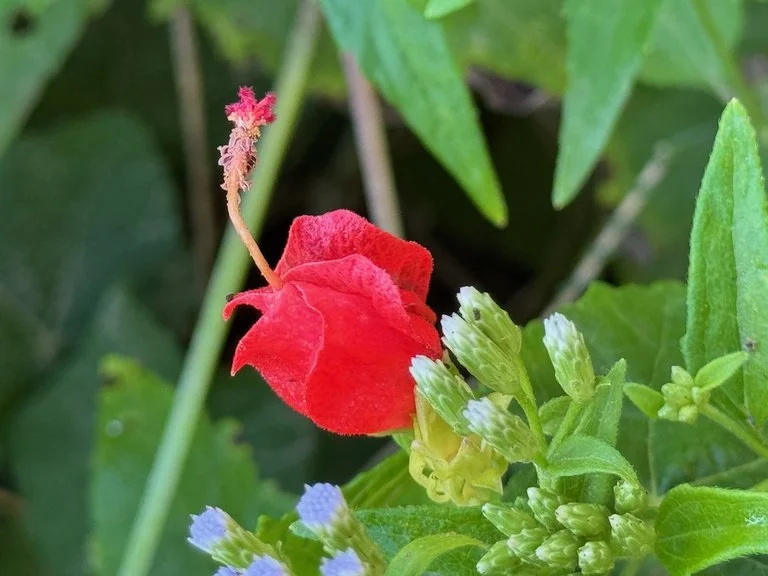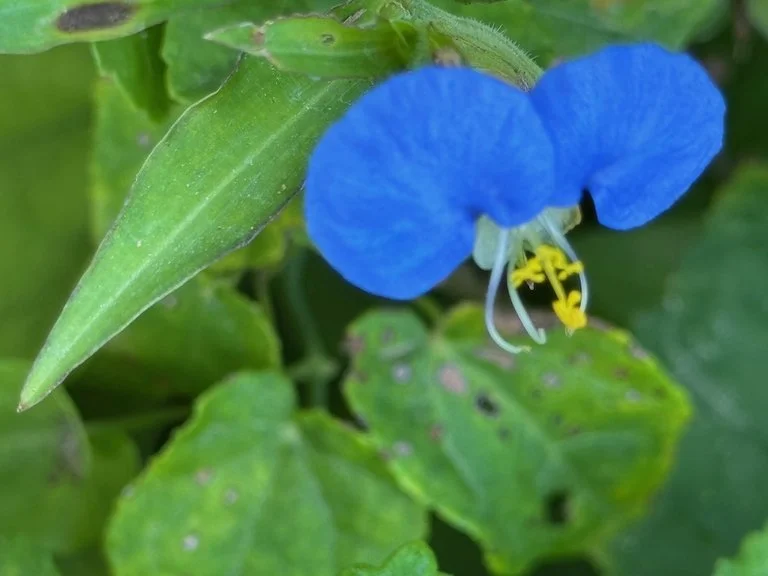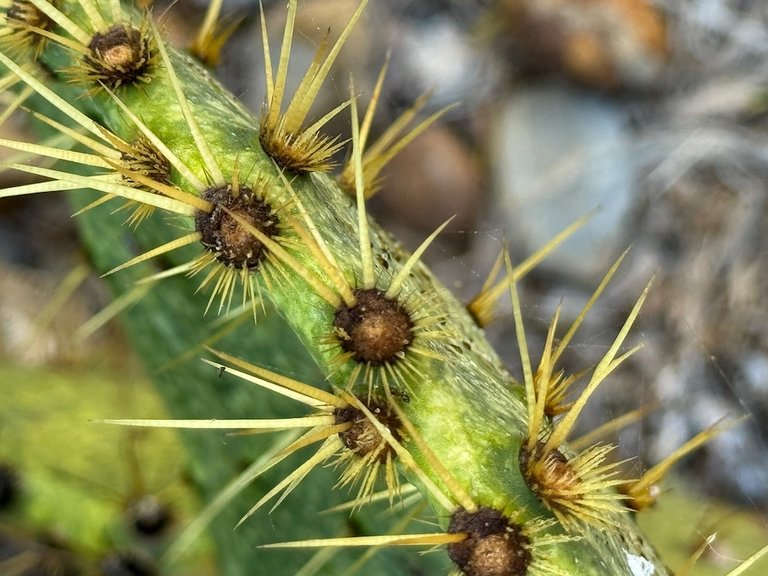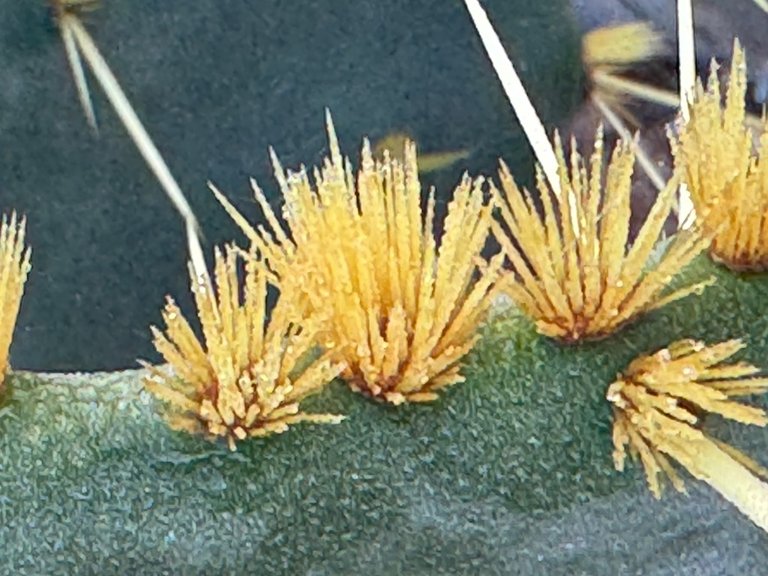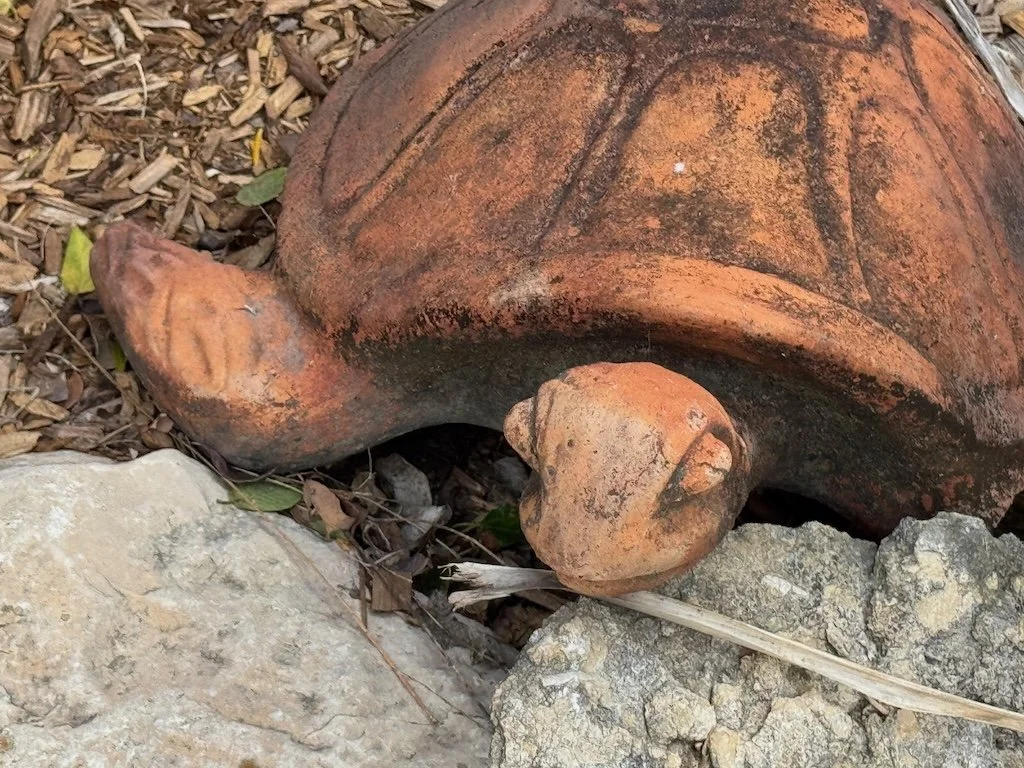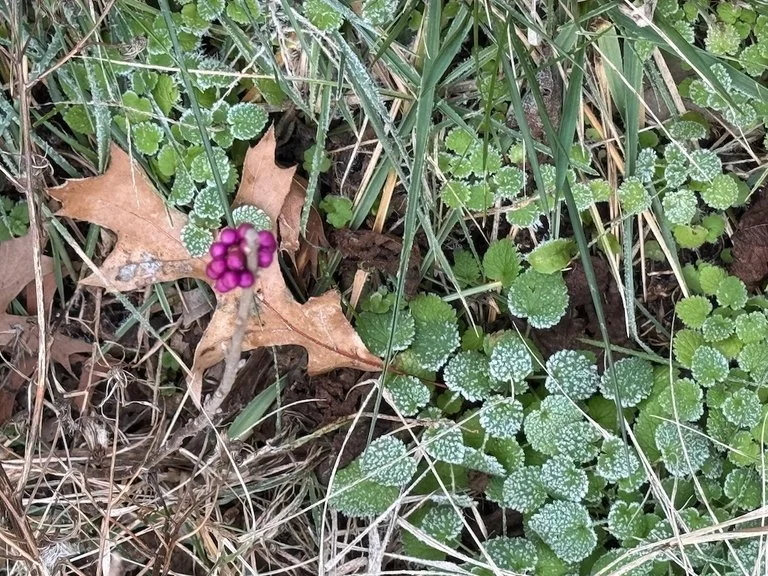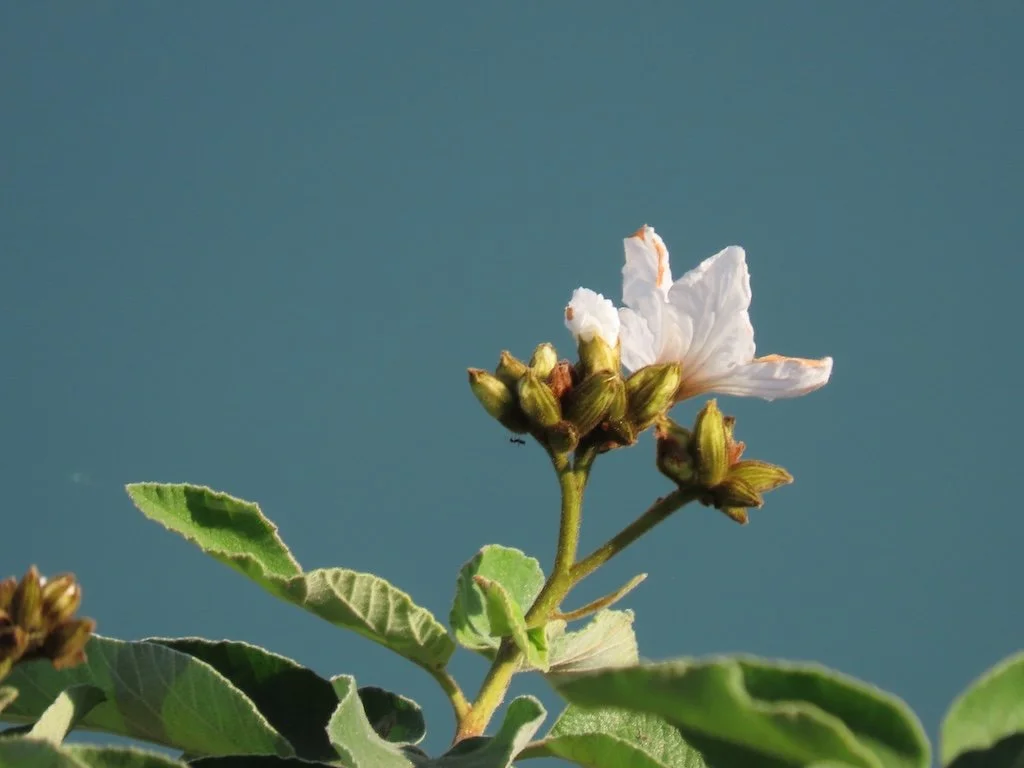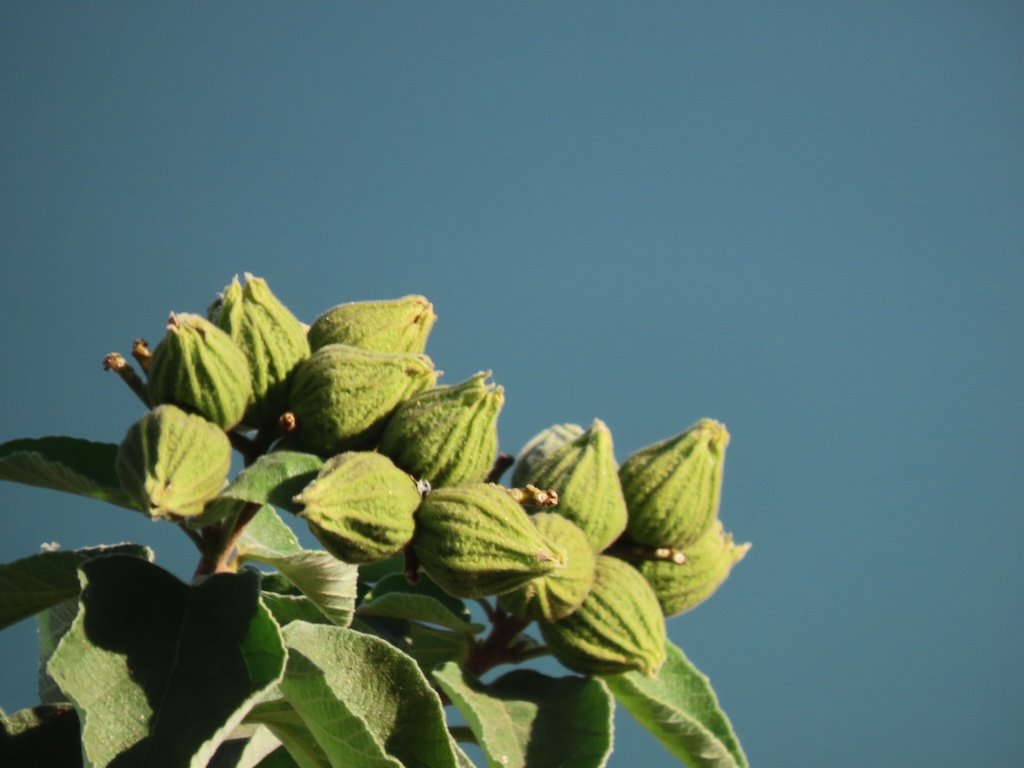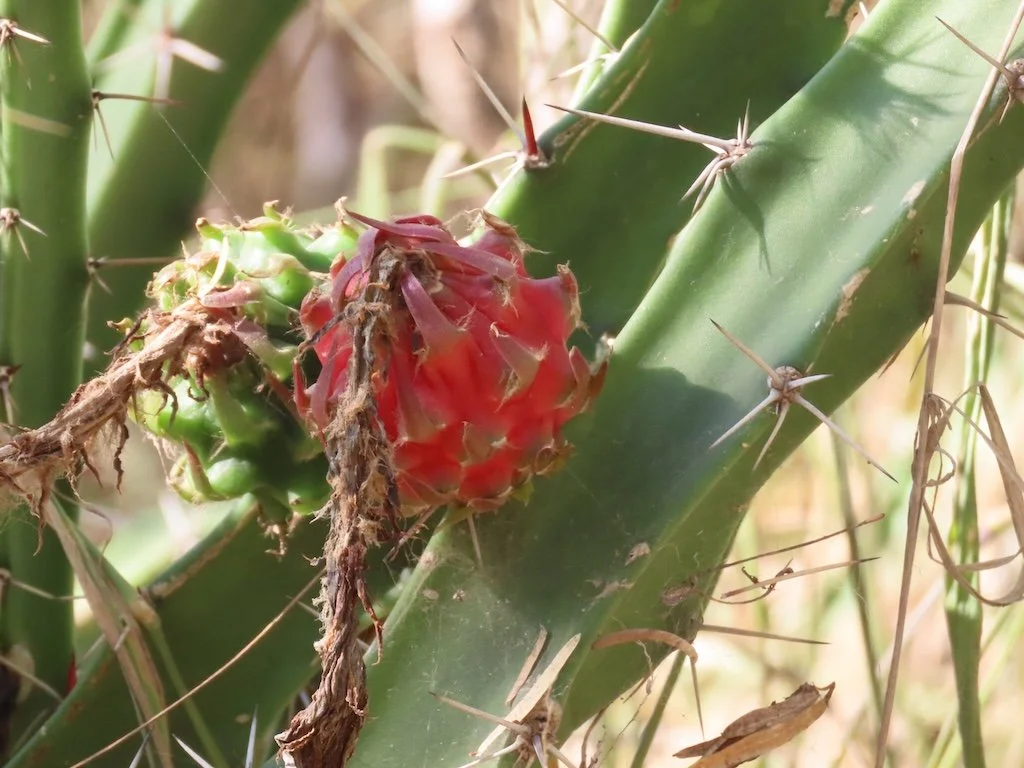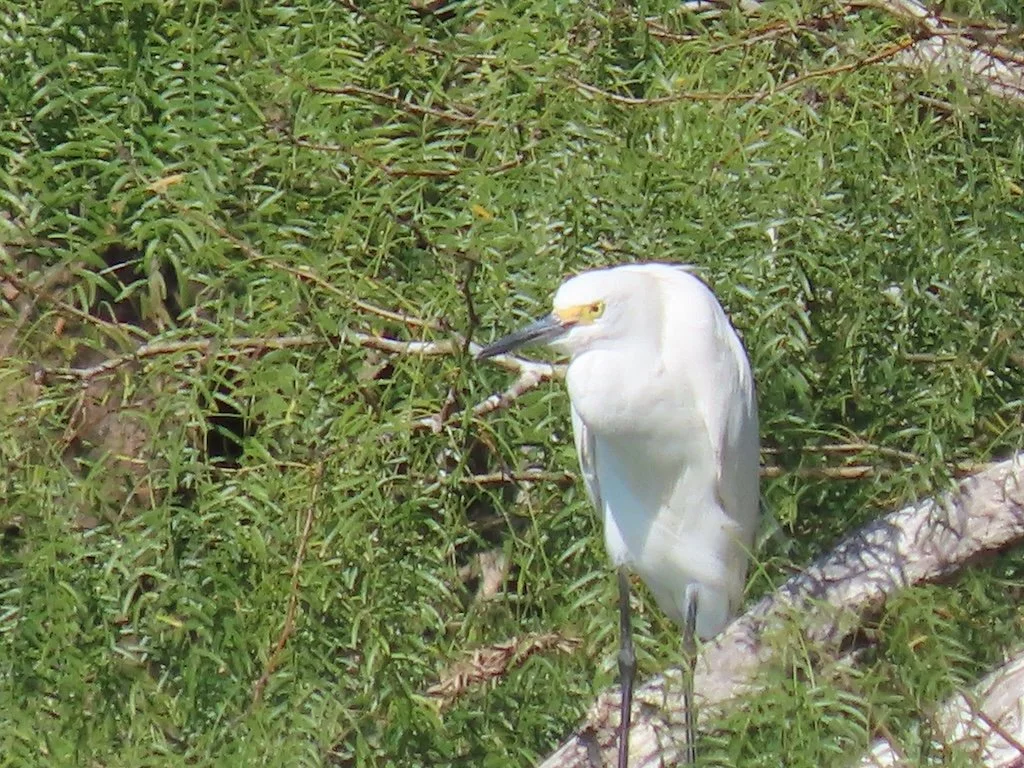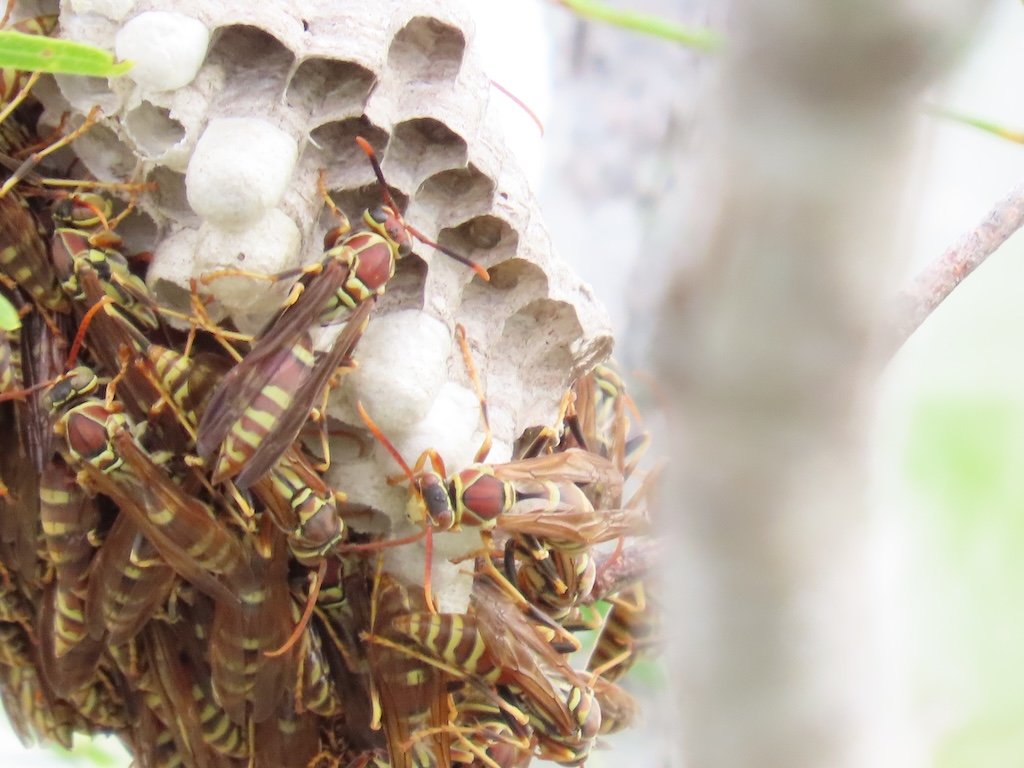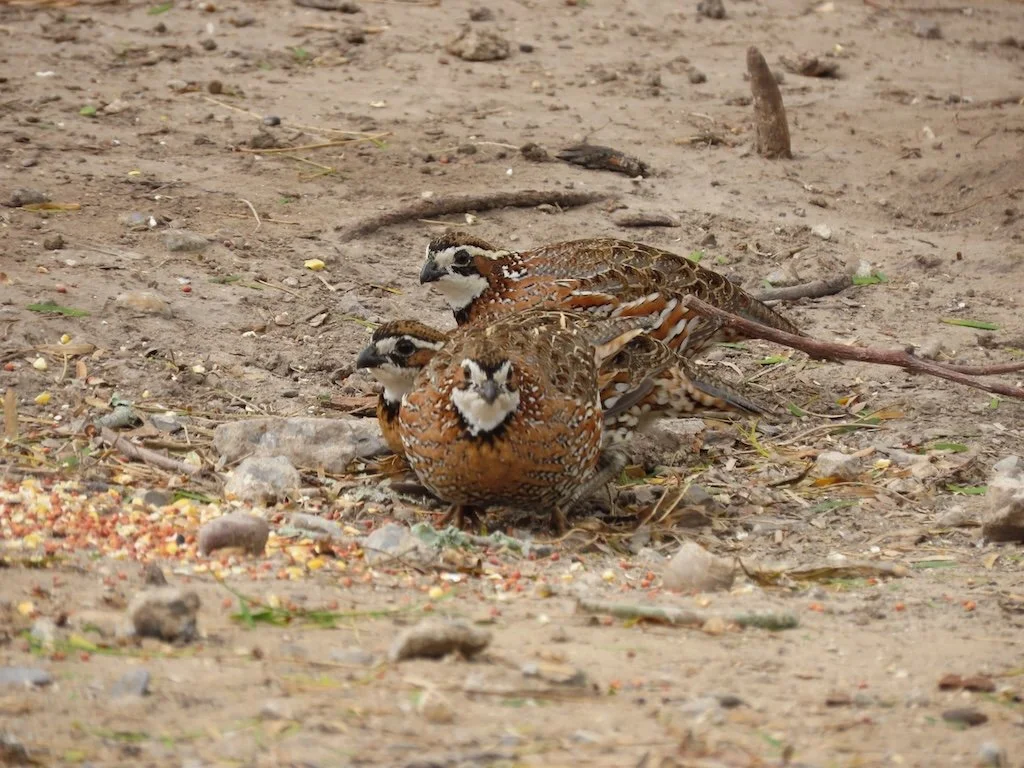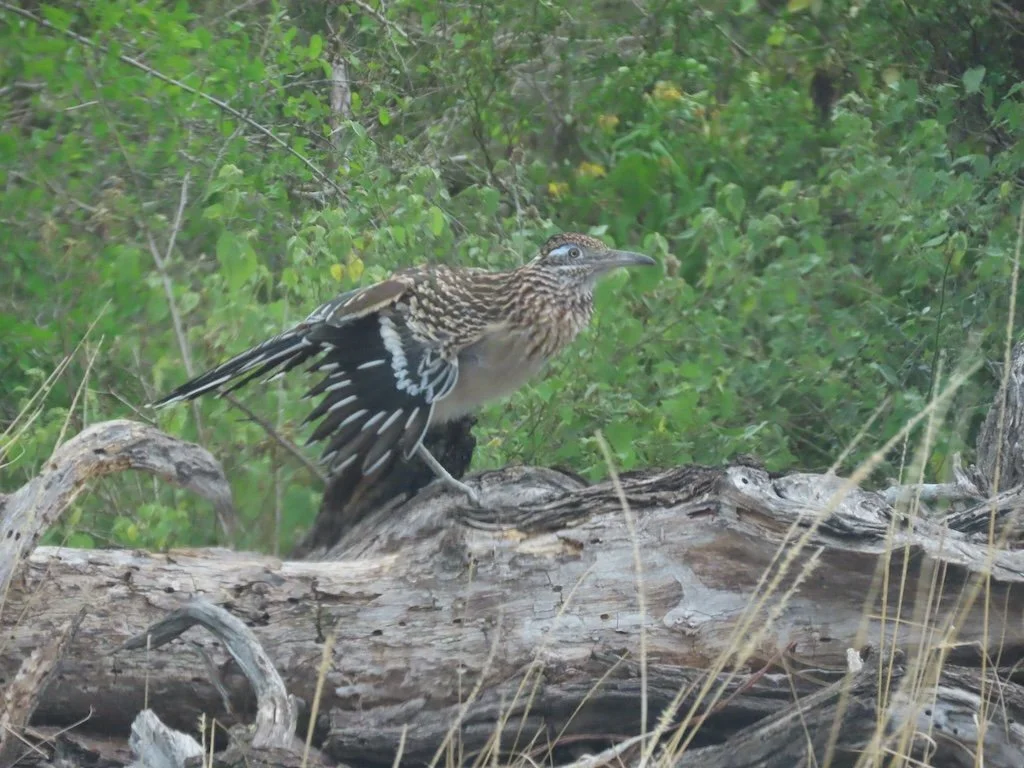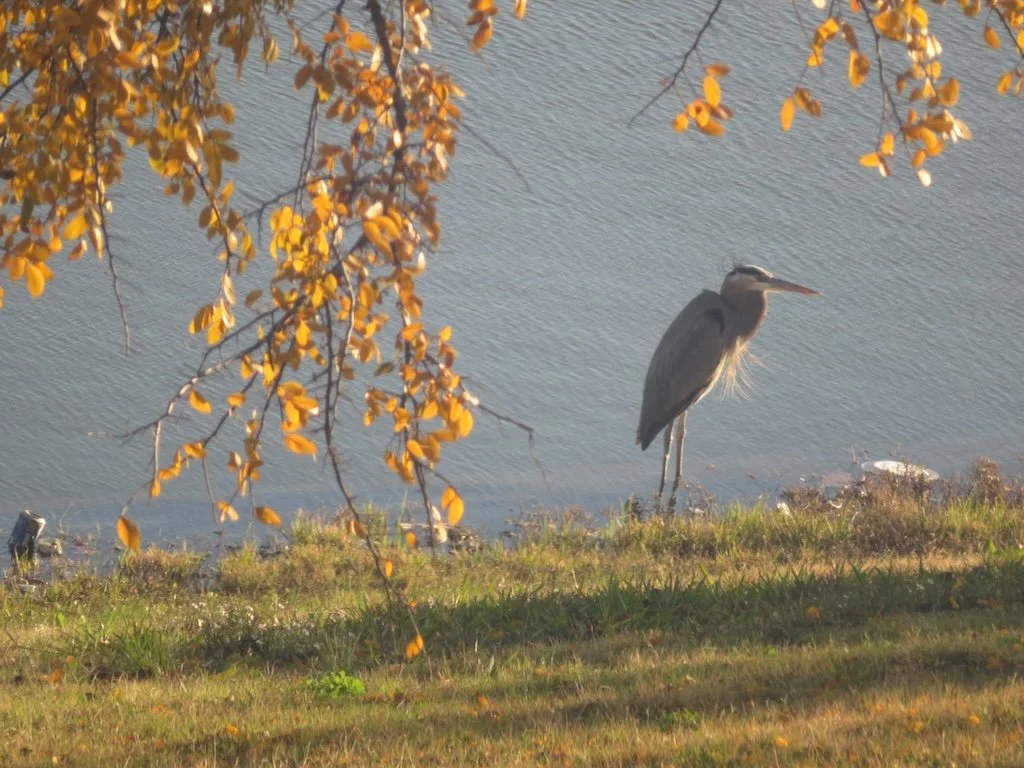Gleanings of the Week Ending January 12, 2019
/The items below were ‘the cream’ of the articles and websites I found this past week. Click on the light green text to look at the article.
I have a growing list of gleanings from sites that are not operational because of the partial government shutdown; they’ll come out in the list for the Saturday after the sites are operational again.
Climate, life and the movement of continents: New connections -- ScienceDaily – Sediment, which often includes pieces of dead organisms, may create a lubricating effect between plates, accelerating subduction and increasing plate velocity!
BBC - Future - Six reasons your memory is stranger than you think – Timelines are hard (many times inaccurate) from memory…I’m glad I keep a running list of important family travel and events.
Regenerative Cities: An Urban Concept Whose Time Has Come! | CleanTechnica – Re-thinking what cities of the future could be.
Scientists call for eight steps to increase soil carbon for climate action and food security: International coordination and financing essential -- ScienceDaily – Big benefits…but hard to come by the collective push to obtain them.
Earthquake Damage Detected in Machu Picchu - Archaeology Magazine – Evidence of an AD 1450 earthquake that damaged Machu Picchu is seen in cracks and stone damage of the buildings. The Inca’s modified their construction techniques after the event too.
Shrinking of Utah National Monument May Threaten Bee Biodiversity | Smart News | Smithsonian – Grand Staircase-Escalante is home to 660 bee species, 84 of which live outside of protected land under changes. At a time when we know pollinators are under stress…one more reason why our Federal lands are needed as refuges from human activities that damage the environment.
Scientists Don't Stay for Long in Their Jobs Anymore: Study | The Scientist Magazine® - About half of scientists who enter a scientific discipline drop out after 5 years; in the 1960s, it was 35 years. We are probably training more people in science fields but many don’t stay in academia. This study used publishing records to determine if a person stayed ‘in the discipline.’ I’d prefer to see numbers of people that had careers in a STEM related field rather than just the one they trained in and find another metric than published papers to make the determination. There are a lot more jobs today where people use their science training that do not use ‘publication’ as a measure of success.
BBC - Future - Can we cheat ageing? – Some areas of active research to help us stay healthy longer (may or may not help us live longer).
Corn Domestication May Have Taken Thousands of Years - Archaeology Magazine – It all started 9,000 years ago in southern Mexico. The process continued in Mexico and the southwestern Amazon for several thousand years. It was a slow process.
Ring in the New Year With Dazzling Total Lunar Eclipse of a Supermoon | Smart News | Smithsonian – Hope we have good weather on January 20-21….since it should be visible from our house!

